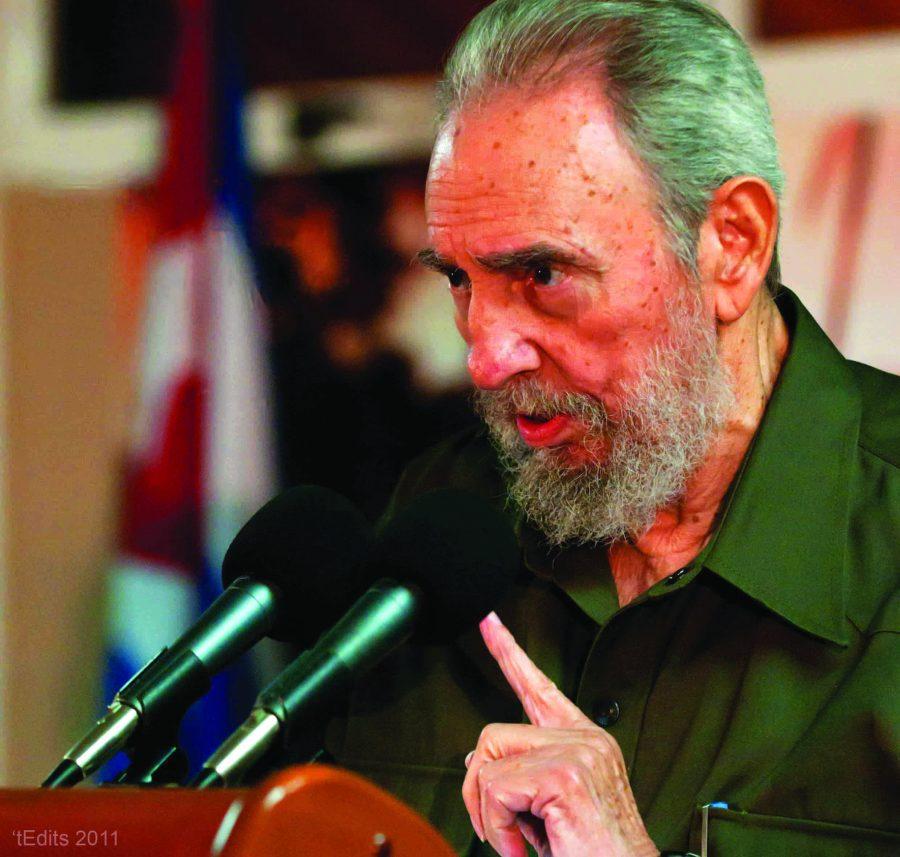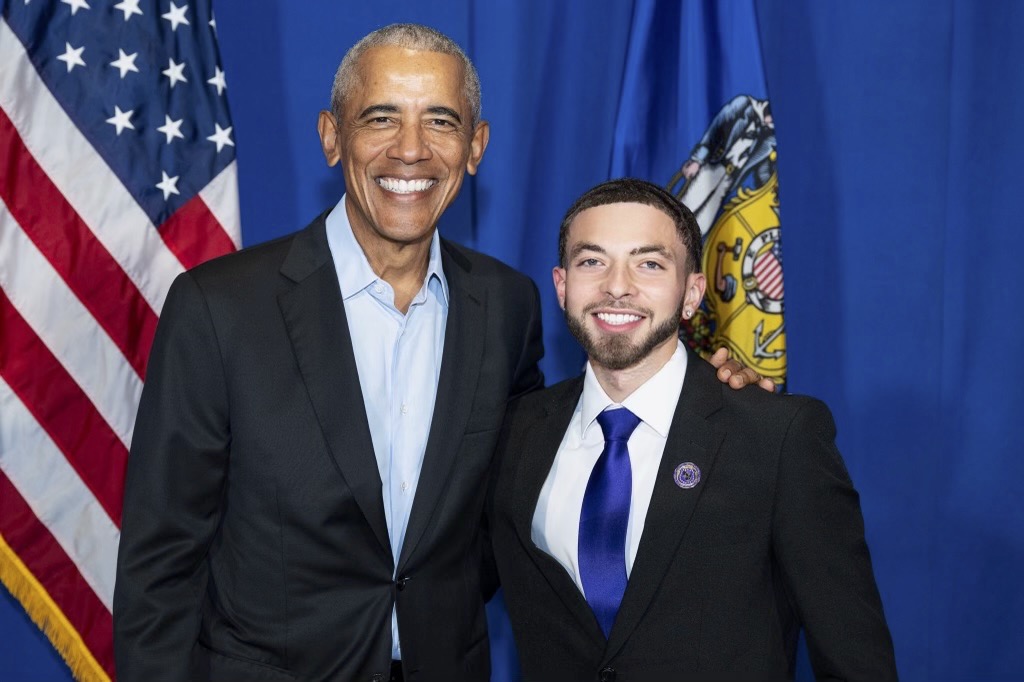Fidel Castro died Friday at the age of 90. The controversial Cuban strongman played a key role in some of the most influential world events of the 20th century and became a symbol of resistance to American influence and imperialism.
I find it strange, however, in the days that have followed his death that many have rushed to defend his legacy. Irish President Michael Higgins called him “a giant among global leaders,” while former President Jimmy Carter wrote that he and his wife “remember fondly our visits with him in Cuba and his love of his country.” Even President Obama’s statement was tepid at best: “History will record and judge the enormous impact of this singular figure on the people and world around him.”
Some of the same people in tears two weeks ago denouncing Trump as an authoritarian bigot with no respect for human rights are now praising Castro as a revolutionary symbol of freedom and equality.
Revisionists compare Castro’s rule to the brutality of his predecessor President Fulgencio Batista and point to Cuba’s high literacy rate and free universal healthcare while Castro was in power.
We must resist the urge to judge him by his contemporaries. Batista, Augusto Pinochet in Chile and Francois Duvalier in Haiti were oppressive tyrants who brought misery, poverty and death to their respective countries on a massive scale. In many ways they were worse than Castro, but their depravity does not excuse his. Castro doesn’t get graded on a bell curve because he was preceded by a repressive dictator with little regard for human rights.
Much is made of Cuba’s almost 100 percent literacy rate, but what good is literacy when the government is using schools to indoctrinate and keep files on their students’ political opinions? What good is a university when admission is based on unquestioning adherence to Marxist and socialist ideology? Without freedom of expression, education is impotent.
In Cuba, the government ensures the health and welfare of all its citizens. But what of the rights to private medical information, the ability to sue for malpractice or even the ability to refuse treatment that we in the United States take for granted?
A despot on the left is no better than a despot on the right. We’re talking about a man who encouraged Nikita Khrushchev to utilize nuclear weapons against the United States during the Cuban Missile Crisis. A man who was elevated to power atop the bodies of his political opponents. A man who forced homosexuals and pacifists into camps for “re-education.”
Next time you light up a stogie to mourn comrade Castro, think of Alan Gross. Gross is an international development contractor who worked in over 50 countries and provided satellite communication equipment to NGOs in Iraq and Afghanistan. Gross was arrested Dec. 3, 2009, for delivering communication equipment to Jewish community groups in Cuba on behalf of USAID. He was charged and convicted of “acts against the independence and territorial integrity of the state.” He was sentenced to 15 years in jail before being released in 2014 in what was essentially a prisoner exchange.
Think of the over one million Cuban exiles and political refugees who fled to the United States after Castro seized power.
Let Castro’s death be a reminder of the valuable freedoms we stand to lose in this country. I want the United States to achieve full literacy and offer universal healthcare, but it must never come at the cost of our fundamental civil rights.








Carol malone • Nov 30, 2016 at 7:47 pm
Castro was a monster . It ‘s dangerous to give a brief tv nod to him. Thank you for your thoughtful remarks.